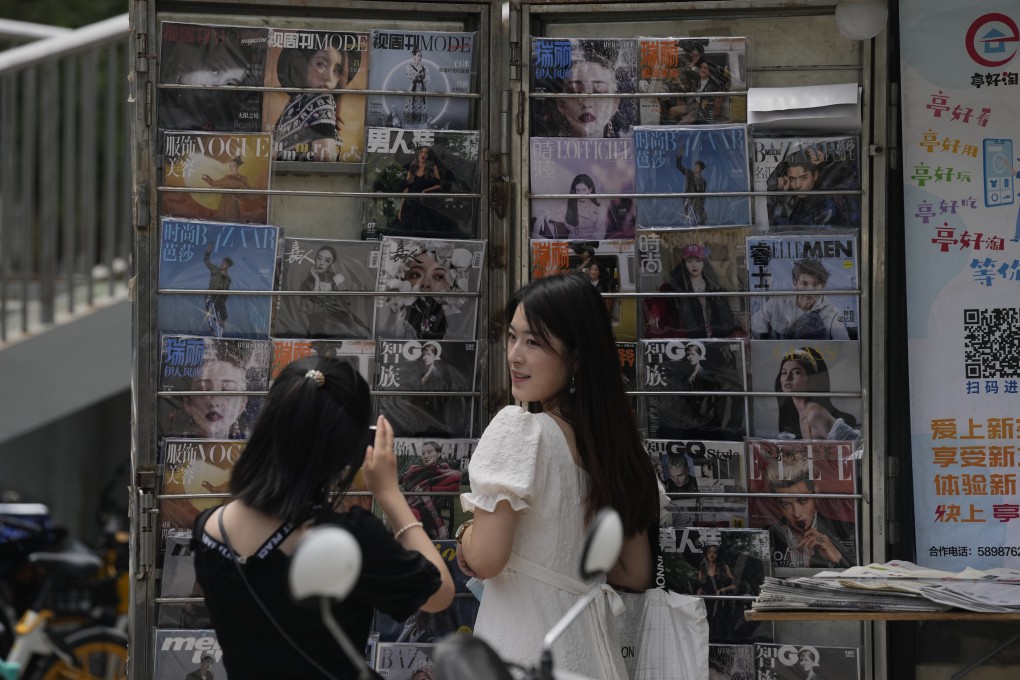Fallen idols: Kris Wu and China’s crackdown on zealous fans
- Chinese authorities have spent the last two months trying to rein in hugely influential fan clubs and social media platforms
- The sector is a big business and one of the few outlets left for public participation and expression, analysts say

“Ten years of my youth is gone,” the 17-year-old Shenzhen teenager said. “I will never like or chase another star for the rest of my life.”
She spent countless hours following him on and offline, listening to his albums and spending whatever she could on products and advertisements in support of her idol.
Then Wu’s star came crashing down, and his detention sent shock waves through his community of fans and the entertainment industry alike.
Business insiders said Wu’s case was a turning point in a crackdown launched in June to rein in the star agents, fan clubs and social media platforms that have become hugely influential among young people in recent years.
But analysts said fandom was one of the few avenues of public participation in China and the crackdown might not have the desired effect.